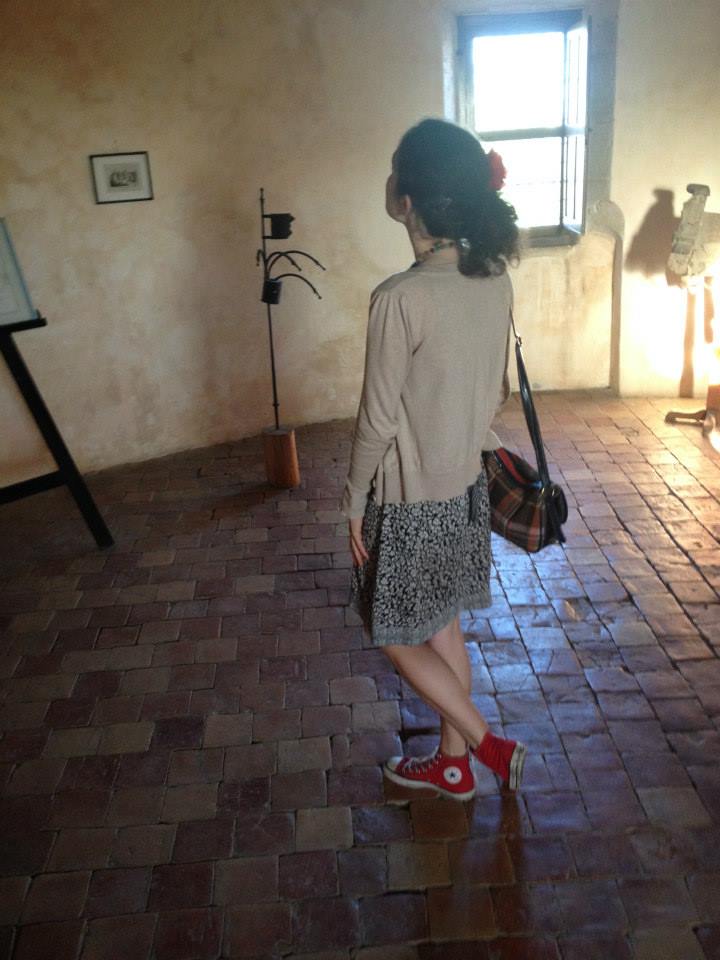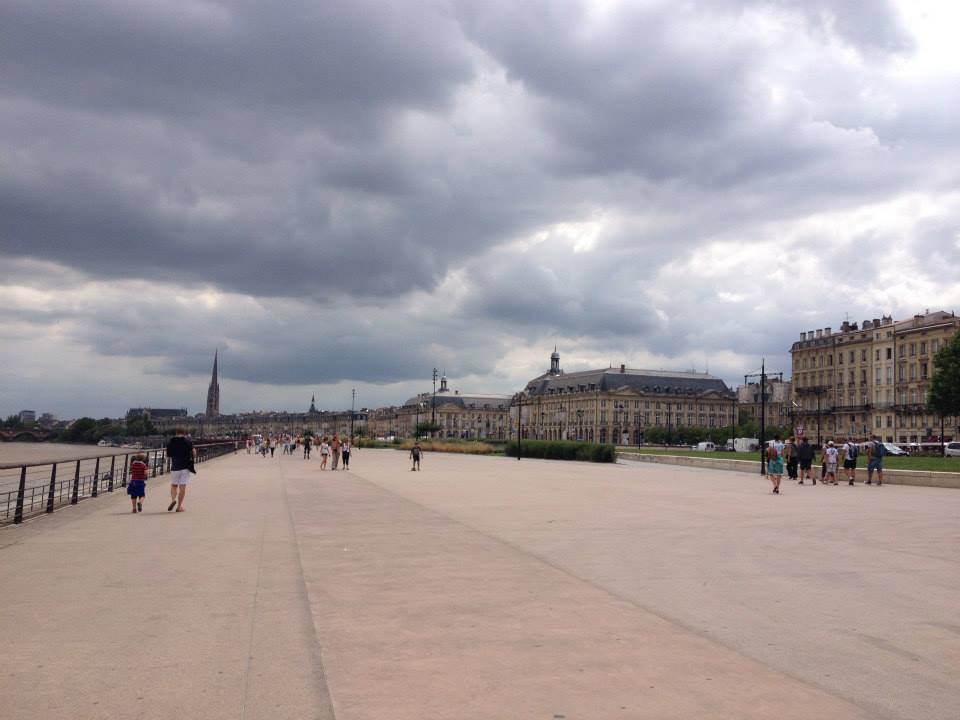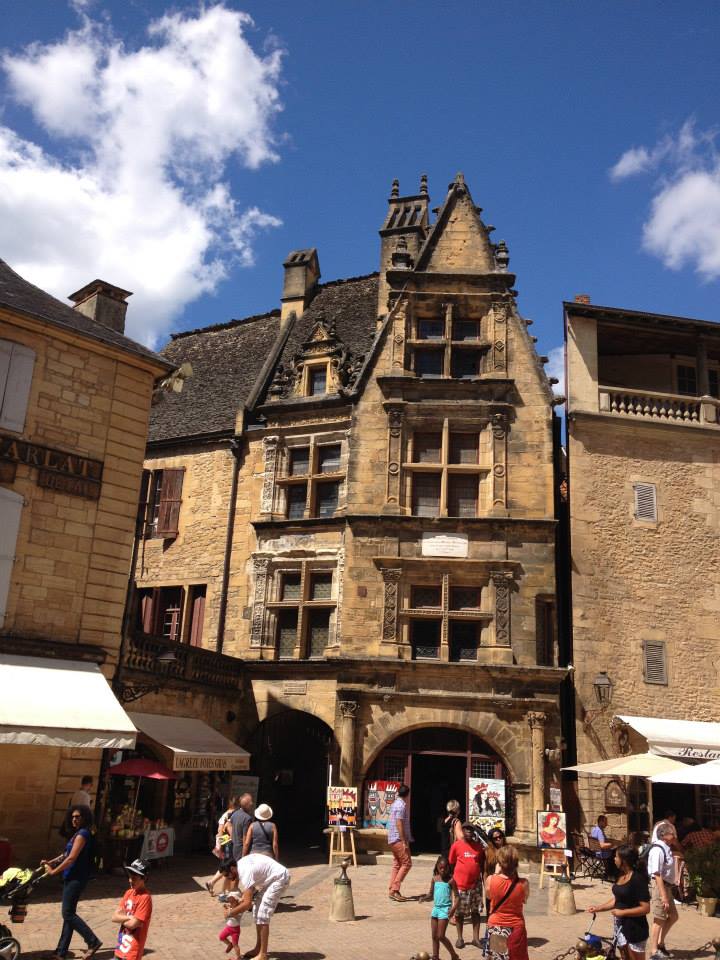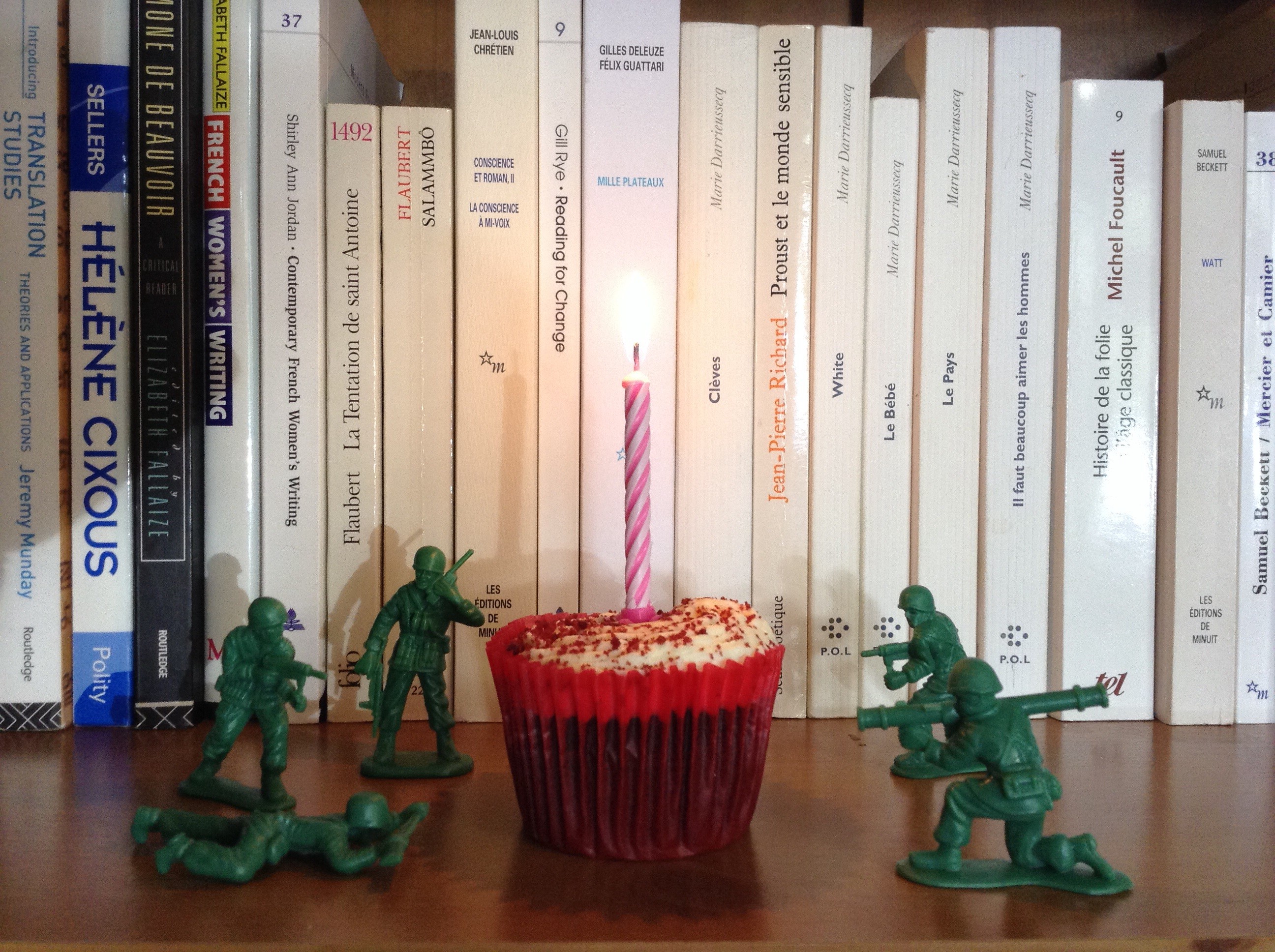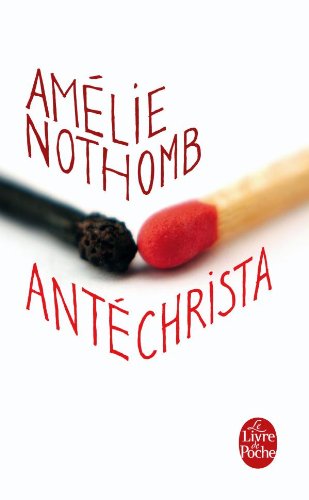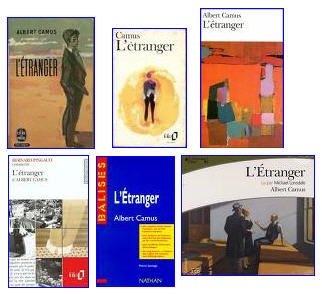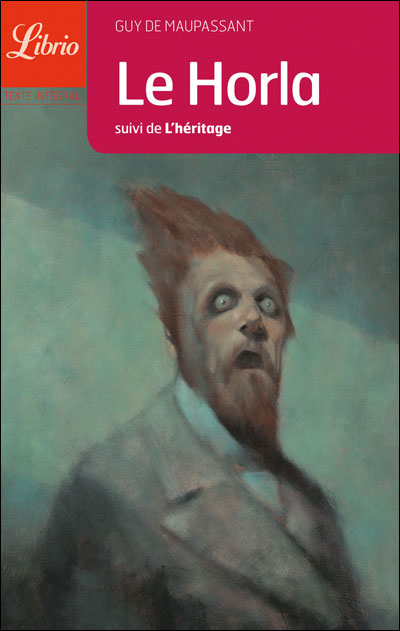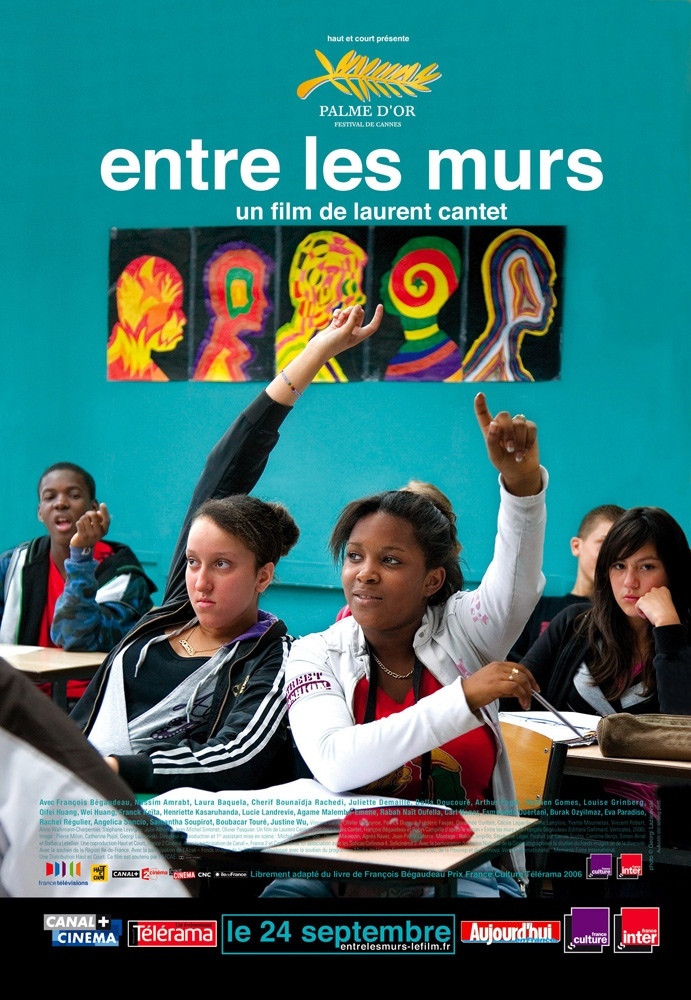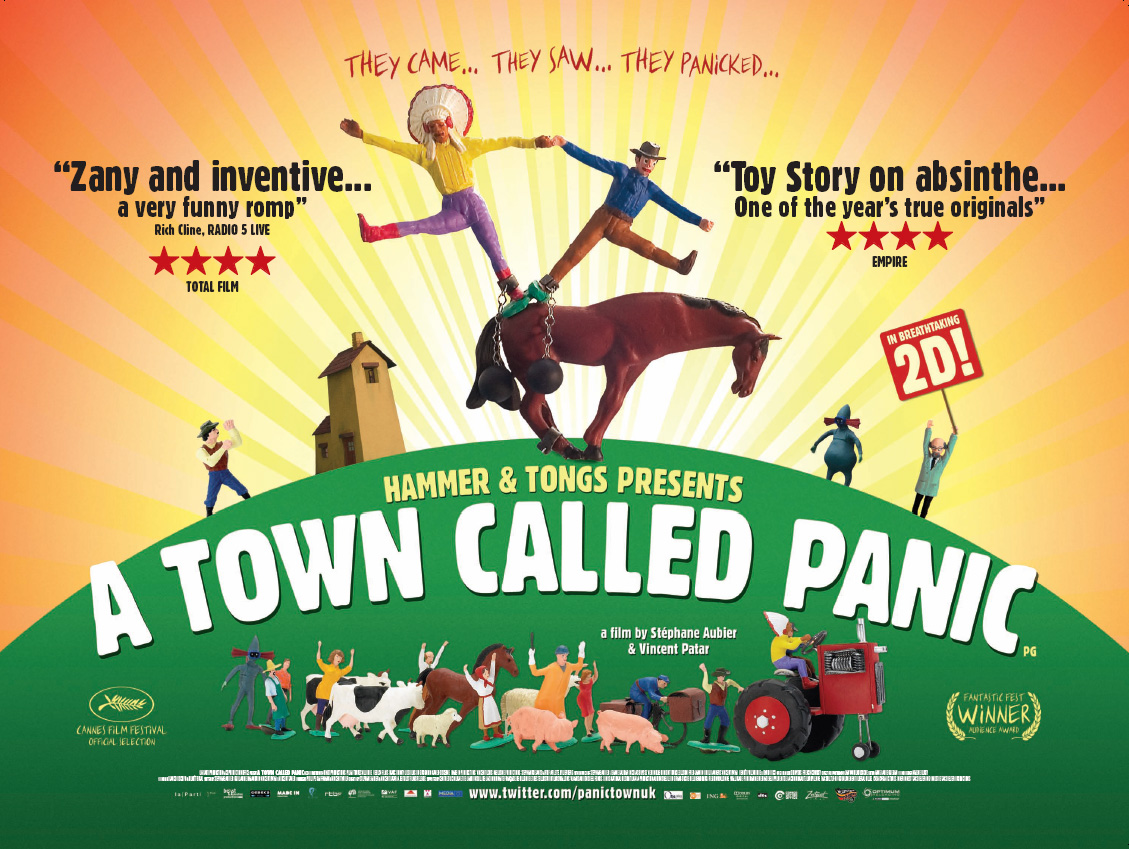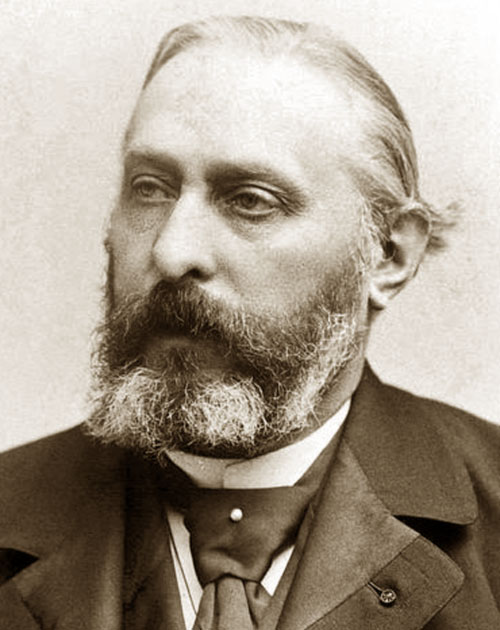
posted by Simon Kemp
The Oxford admissions process is in the newspapers again, following a university press release listing some of the questions Oxford tutors ask candidates at interview.
‘The questions published by Oxford confirm the stereotype of the contrary and offbeat’ concludes The Guardian.
‘Are Welsh worse than English at remembering phone numbers? How to win a place at Oxford,’ offers The Mirror headline, wildly mangling a question from experimental psychology.
The Telegraph bills them as the ‘unanswerable questions’ in Oxford’s ‘notoriously difficult interview process’.
Commenters below the line in all the newspapers seem unimpressed with our questions and with our method of recruiting students through interviews.
I have a small confession to make. I was supposed to be in the line-up of admissions interviewers for the press release. I even submitted a typical question from a modern languages admissions interview when they asked me for one. It didn’t make the cut. My question was this one:
I see from your Personal Statement on the UCAS form that you’ve been reading L’Etranger by Albert Camus. Would it be fair to use the term “hero” to describe the main character of the novel, do you think?
Admittedly, not the snappiest. But, as I tried to suggest, if we’re hoping to demystify the Oxford admissions interview, then the biggest myth we need to tackle is the one that says that Oxford interviews consist of a series of bizarre and/or impossible questions barked at the hapless candidate out of the blue and without any context to help answer them.
In fact, if you read carefully what the interviewers go on to say about their questions in the press release, you’ll realize that they’re not asking impossible questions at all. Experimental psychology candidates are not asked why Welsh people are worse at remembering phone numbers, no matter what The Mirror might think. They’re given a set of data from an experiment which suggests that people whose first language is English can, on average, hold more numbers in their short-term memory than people whose first language is Welsh. They’re also told that the corresponding words for the numbers are (apparently) shorter and less complex in pronunciation in English than they are in Welsh. After having time to read and think about the data, the candidates are then asked how they might interpret it. Not the easiest thing to do in a short time and a stressful situation, of course, but not an impossible question by any means.
Unanswerable questions are not on the menu in interviews for places on the modern languages course, either. If you’re invited for interview (and 88% of our applicants were last year), then you’ll have at least two interviews, with at least two interviewers present in each, so we get a good, balanced view of you. The interview itself is broadly similar for all languages and all colleges of the university. A short time before the interview, you’ll usually be given a short piece of literary writing to read — a poem or prose extract from a novel — usually in the foreign language if you’re not starting from scratch. The interview will last around twenty minutes to half an hour. We’ll begin by asking you about the text you’ve been reading, starting with simple questions about what it says, and working towards more complicated issues about its themes or structure. The point is to create a dialogue and exchange ideas, not for us to trip you up with trick questions or for you to perform a fully formed explication of the text without our help. If you head off track, or miss something important, we’ll guide you back in the right direction. We’re hoping to find candidates able to listen, take on board new ideas, and change their minds when faced with new evidence. After all, we’re looking for students who are responsive to teaching, not students who know it all before they even arrive.
Then, for all candidates applying for a language they’ve been studying in the sixth form, there’ll be a brief part of the interview conducted in the foreign language. Bear in mind that we already have your GCSE results, teacher references, schoolwork submission and Oxford language test, so this plays a relatively minor role in telling us what level you’ve reached in the language you’re studying. We know, too, that the interview is hardly the most relaxing environment for you to chat away in a foreign language, and we take account of the effect your nerves have on your fluency.
Lastly, we need to know how well suited you are to a course that includes literary and cultural studies, and the last part of the interview will focus on this. There may be some general questions about how (or why) literature can be a subject for study, but there will probably be some more specific discussion too. Your personal statement should include some mention of your cultural interests, and if not, we’ll invite you to tell us about them. If we find out that you’ve been exploring the literature of your chosen language a little, then we’ll take some time to ask about the things you’ve been reading, and see what ideas you’ve had about them. If, for instance, I see L’Etranger mentioned on a UCAS form, I might ask the question on it that I gave earlier.
What if I did ask that question, by the way?
I see from your Personal Statement on the UCAS form that you’ve been reading L’Etranger by Albert Camus. Would it be fair to use the term “hero” to describe the main character of the novel, do you think?
What should you answer? Well, there is no correct answer I’m waiting for you to come up with. I’d be hoping that you’d think – maybe think out loud – about the meaning of the word ‘hero’. It’s sometimes used to mean more or less the same thing as ‘main character’, so in that sense Meursault is uncontroversially the hero of L’Etranger. But, you might go on to say, the word can also imply ‘heroic’ actions or personality traits, which don’t chime well with Meursault’s thoughtlessness, indifference, and his later status as a killer without remorse. Some candidates might go further and talk about how, in spite of all that, the novel seems to be encouraging us to side with Meursault anyway, perhaps even admire him, due to the courage with which he sticks to his convictions in the face of persecution and impending death in the latter parts of the novel. Whether you finally reckon he counts as a hero or not is less important than whether you’re able to consider the implications of the question and pull together some reasons for and against. At every stage I’d be ready to offer some pointers, perhaps starting you off by asking you to consider what kinds of people are considered ‘heroic’, and how Meursault compares to them, and then seeing where you go from there.
It’s far from a perfect way of choosing our students. But with candidates coming from such a wide variety of countries, backgrounds and schooling, and with many sixth-form qualifications in languages giving us only a very limited idea of how well-suited you are to the cultural side of our courses, it’s the best method I know to seek out an academic potential that might not quite fit onto your UCAS form.
And it’s not an ordeal. It’s an experience.











